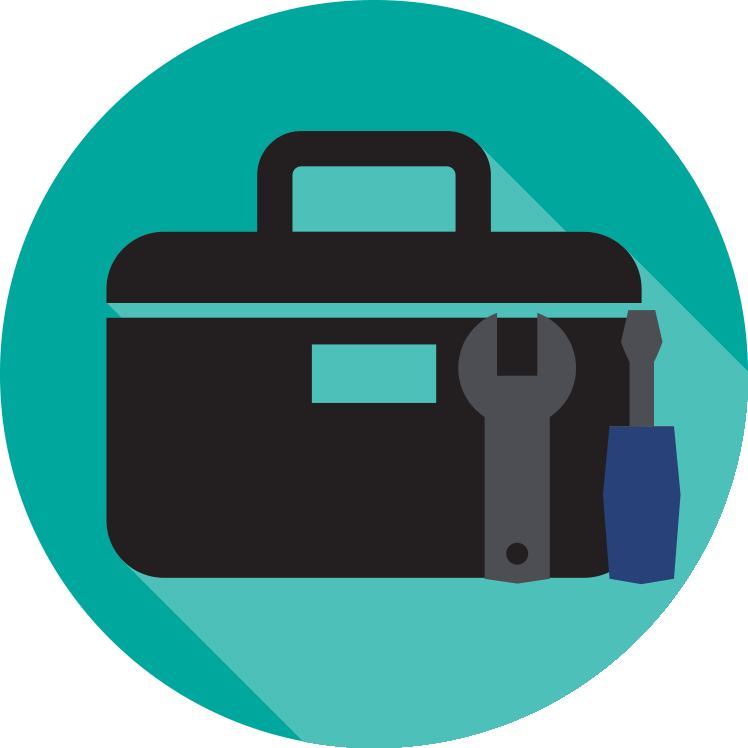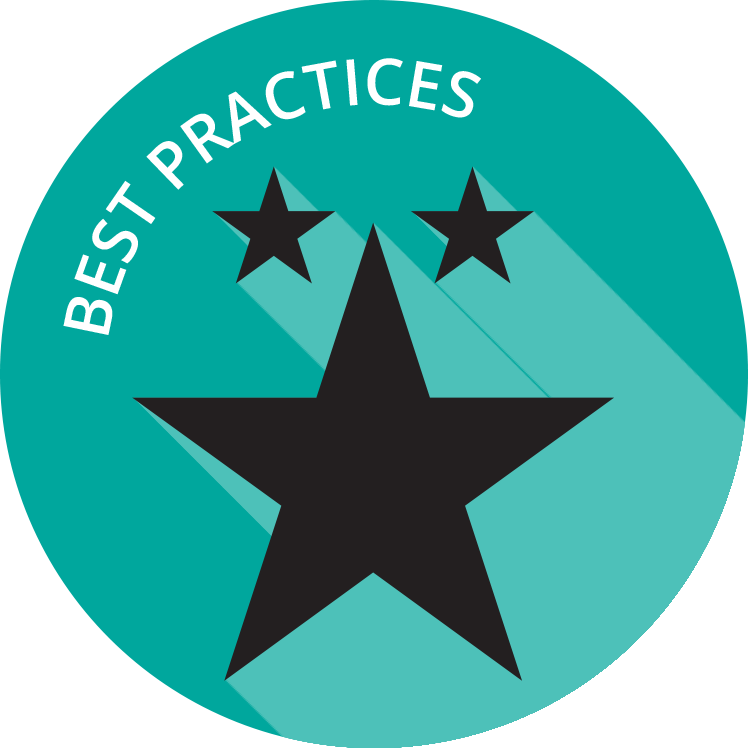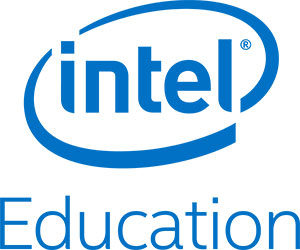


CIO/CTO Communication Packet

CIO/CTO Presentation

CIO/CTO Toolkit

Business Community Presentation

Business Community Communication Packet

Business Community Toolkit

Facilitator Guide – Best Practices Slides

Facilitator Guide – Best Practices
Formal
Formal Professional Learning
Coaches
Instructional technology/digital learning facilitators or coaches have proven to be valuable in providing support to educators as they shift to new instructional practices. This direct one-on-one and small group instructional assistance can show teachers how to modify and deliver their lessons to take advantage of new technology resources. To be effective, districts should consider assigning at least one expert to each school (depending upon size) in order to accelerate the adoption of new forms of instruction and assessment.Communities of Practice (COP)
Online, face-to-face and hybrid models of communities of practice provide educators with the ability to connect with fellow educators both asynchronously and in real-time to share resources, successes and challenges. Teachers and administrators benefit from the ongoing support available through these communities as they grow and expand to support the diverse needs of educators. Communities may be school, district or state based and/or connect teachers of similar content areas or grade levels nationally or internationally. Communities of practice differ from educators’ online courses. Online courses are more structured, typically requiring specific content and activities within a specific time period. Many of them do contain elements of a CoP to facilitate interaction and support among participants.Examples of Communities of Practice
-

Indiana’s Online Communities of Practice
Indiana Department of EducationOrganized around teachers’ content areas, these groups were created to boost collaboration and peer-to-peer sharing of online resources aligned to Indiana’s Academic Standards.
-

Intel’s Teacher Engage Community (sponsored resource)
Intel EducationThis online community provides ongoing support for teachers as they implement new teaching practices by connecting educators who implement technology into their classrooms and promoting student-centered approaches. It offers 21st century classroom resources, online courses, and active dialogue within a global network.
-

LearnPort
Michigan Department of EducationLearnPort serves all members of Michigan’s educational community, including faculty, administrators and staff in schools, affiliated professional organizations, and college and university education students and their teacher education faculty, as well as guests and collaborating users by providing high-quality online professional development, collaboration spaces and other resources for the education community.
- Effective Coaching by Design
- Differentiated Literacy Coaching
- U.S. Department of Education’s Connect and Inspire: Online Communities of Practice in Education
- Online Communities of Practice: What Works
- EdTech Leaders Online: A case study of scalable online professional development programs
- Statewide Use of Professional Learning Communities
From Policy to Practice
The goals for the Apache Junction United School District’s (AJUSD) Collaboration Coaching Program are to build capacity in 21st century learning, which is built into the Arizona College and Career Ready Standards (AZCCRS).More
All AJUSD collaboration coaches are classroom teachers that have made the commitment to participate in the program and work alongside their peers to develop an engaging, creative, and collaborative learning environment for students. The trainings focus on technology integration, lesson design and pedagogy. While Collaboration Coaching provides ongoing, job-embedded professional development through learning communities, the format is different at each school based on the site vision and goals. In all cases, where teams engage students in rigorous learning, as they support and help build capacity with the AZCCRS. Every year site principals collaborate with their coaches to develop goals, providing direction and support for their staff. Areas of focus include content-based or 1-to-1 professional learning communities, building capacity with the AZCCRS, setting goals to increase rigor, and co-facilitating project based learning models. In addition to the support of the collaboration coaches, all professional learning provided by the district office is designed with technology integrated into the instruction.

